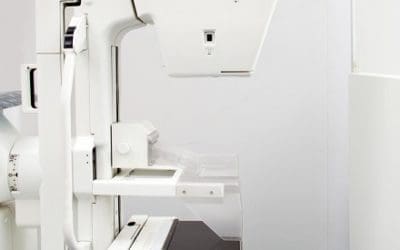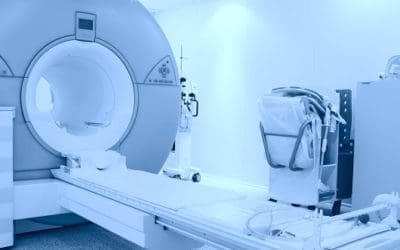Approximately 30% of women who present with early breast cancer undergo mastectomy. The results of randomized clinical trials have shown that post mastectomy radiotherapy {PMRT} (radiation to the chest wall, nodes in the neck and nodes under the arm) reduces the risk...
Funded Projects
Strategy to Implement Exercise
One in eight women will develop breast cancer in their lifetime. With improved screening and treatment techniques, more women are surviving breast cancer. However, women live with physical and emotional side effects for years after cancer treatments have ended....
TXA for Mastectomy
The Breast Surgery Research Group of the Department of Surgery at McMaster University’s Faculty of Health Sciences has received funding from the BRIGHT Run to investigate a way to reduce the incidence of seroma and hematoma among patients who have had breast cancer...
Identifying Tumour Margins
Breast cancer is the second leading cause of cancer death among women. There is a need to optimize the speed and accuracy of diagnosis and maximize efficiency in treatment of the disease. This proposal will contribute to the efficiency of breast cancer surgery and...
Thyroid Hormone Receptors
The survival of breast cancer patients has improved in the past 20 years due to advancements in systemic therapy e.g. endocrine therapy, chemotherapy, and anti-HER2 directed therapy. These therapies benefit patients whose cancers display hormone receptors called...
Stereotactic Body Radiotherapy
Stereotactic body radiotherapy (SBRT) refers to a type of radiation therapy which delivers high doses of radiation focused precisely-targeted on the tumor, thereby sparing adjacent normal tissues and limiting side effects. It can deliver radiation in a shorter...





